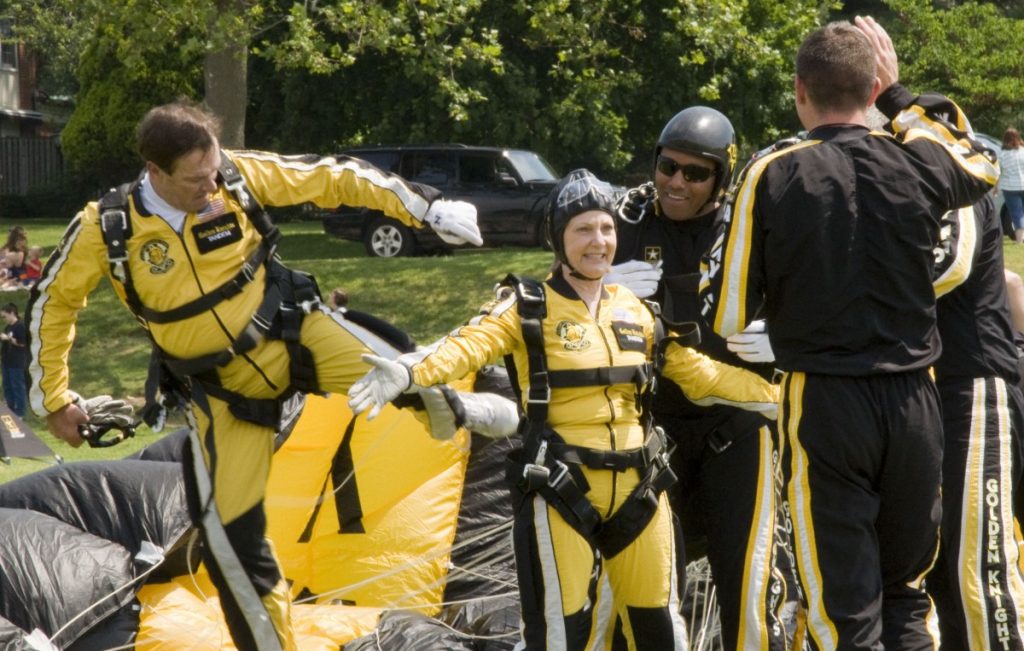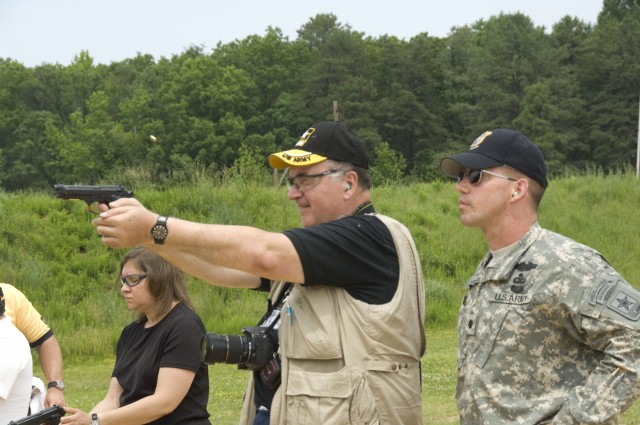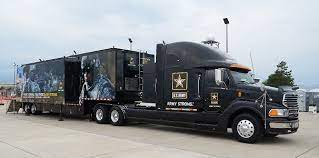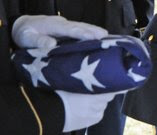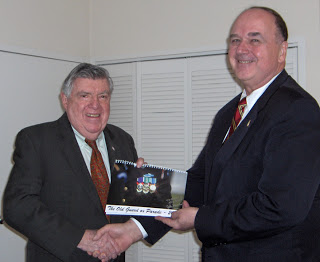BY JAY C. UPCHURCH
By the time you read this ” barring another hanging chad fiasco down in Florida,” this country will have officially elected its 44th president. And barring some unforeseen shift in the momentum that carried Barack Obama’s campaign to the brink of victory over the last few weeks, that president will be a black man.
INNER-CITY BACKGROUND
BUSINESS WORLD
That is an incredible accomplishment by Sen. Obama and an incredibly significant moment in our country’s history. As Wallace Johnson puts it, “This is a chance for our country to finally put its money where its mouth is, so to speak.”
Johnson is a retired U.S. Army Special Forces lieutenant colonel, having earned the Bronze Star, Combat Infantry Badge, and Meritorious Service Medal for time served during the Vietnam War. These days, the 68-year-old Johnson works as the director for the Mentor-Protégé Program at George Mason University.
Johnson, however, grew up in Oklahoma City during an era when kids like him were treated as second-class citizens. His daily routine was filled with racially inspired challenges, and when he laid his head down to sleep at night, he could only dream of becoming a star athlete or military hero or U.S. senator, or maybe even president of the United States.
Looking back, Johnson recalls thinking the chances of those dreams becoming reality seemed improbable, at best.
“It was a different world back then, a different time. I had aspirations to do great things, but actually believing that was going to happen might not have been realistic, at least for a lot of kids in my shoes,” he said.
INNER-CITY BACKGROUND
But Johnson didn’t let his poor inner-city background stand in the way of his dreams. He made himself into a football star at Douglass High School and eventually found his way to the University of Oklahoma in 1957, where he became the second African-American ” behind his friend Prentice Gautt ” to play football for the Sooners.
Nothing ever came easy for Johnson, as he struggled with injuries and other obstacles that made his stay at OU “highly disappointing,” at least from a football perspective. Undeterred, he pressed ahead, maintained his grades, and eventually earned a degree in industrial education.
In an attempt to put the disappointment of football behind him, Johnson reported for military duty as a commissioned second lieutenant in the U.S. Army in late 1961. Ironically, he got a second chance ” albeit an abbreviated one ” at football while stationed at Fort Benning, Ga.
There, he was the starting fullback for the fort’s team and helped lead it to a 10-0 record and the intra-service championship.
“I was proud of that, but it wasn’t OU,” said Johnson, who has maintained good relationships with many of his former Sooner teammates over the years.
As his 23-year military career was taking off, Johnson watched the very country he was serving tear itself apart during much of the turbulent Civil Rights movement of the Sixties.
“I remember Robert Kennedy saying that someday ” 30 or 40 years down the road ” this country would potentially elect an African-American as its president. I’m not sure many people believed in his optimism, but here we are on the brink of something truly historic,” said Johnson, who served a yearlong tour of duty in Vietnam in 1966.
BUSINESS WORLD
He experienced great success in the U.S. armed forces and eventually retired from active duty in 1985 to embark upon a highly successful career in the business world. He and his wife of 47 years have spent the last three decades living in the Washington, D.C., area.
Johnson, a longtime registered Republican, has had a front-row seat in national politics during that time. Lately, he hasn’t liked what he’s seen, and like so many others, he believes it’s time for a new direction.
“I think if you look at what Colin Powell said recently on ‘Meet The Press,’ the way he broke things down and looked at both sides running for president this time around ” he summed things up perfectly,” Johnson said. “I was a Barack Obama supporter long before that, but I think hearing a man like Gen. Powell say it, crystallized it for a lot of people.”
He pointed to the failed leadership of the Republican Party over the last eight years as the biggest motivating factor for the country he loves so much to move in a new direction. The fact that a black man is behind that potential change is also inspiring.
“When I was younger, you couldn’t imagine something like this might happen ” that an African-American could run for and possibly become president,” Johnson said. “I truly believe this is a significant moment in history, not just for African-Americans but for this country as a whole.”
“Jay C. Upchurch
time. We must struggle to preserve it every day. And freedom is never more than one generation away from extinction”.
 of what was over time.
of what was over time.
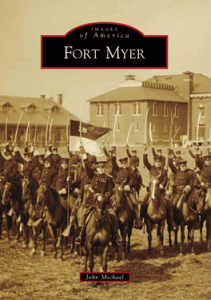






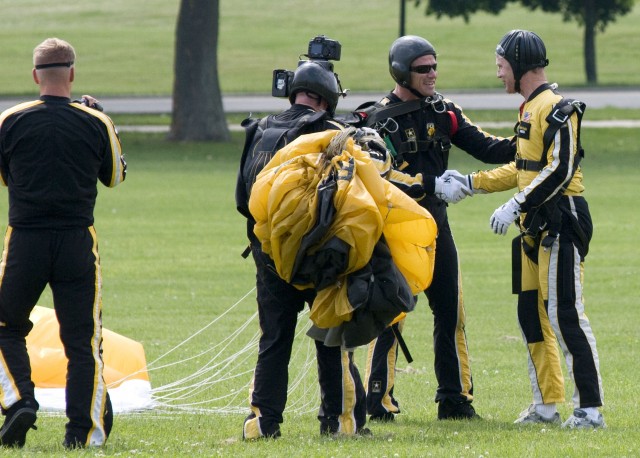
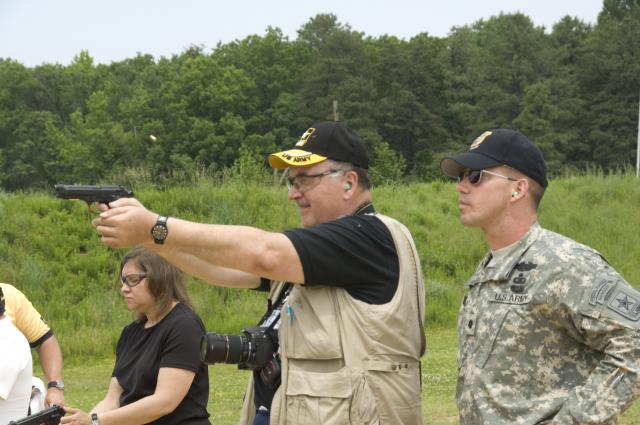
 of what was over time.
of what was over time.
